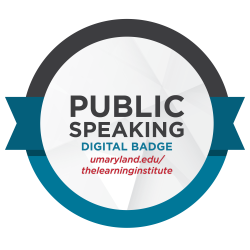Report a Bias-Related Incident
Any member of the University community can make a report about an act of bias or discrimination.
Acts of bias or discrimination refer to language and/or behaviors that demonstrate bias against persons because of, but not limited to, actual or perceived: ability, color, ethnicity, gender, gender identity and expression, national origin, race, religion, and/or sexual orientation.
Examples may include defacement of posters or signs, comments or messages, jokes or humor, vandalism to personal or university property, deliberate exclusion from activities, or similar acts, if there is evidence that the target of the incident was chosen because of a characteristic such as those listed above.
Click here to report an act of bias or discrimination or call 866-594-5220.



